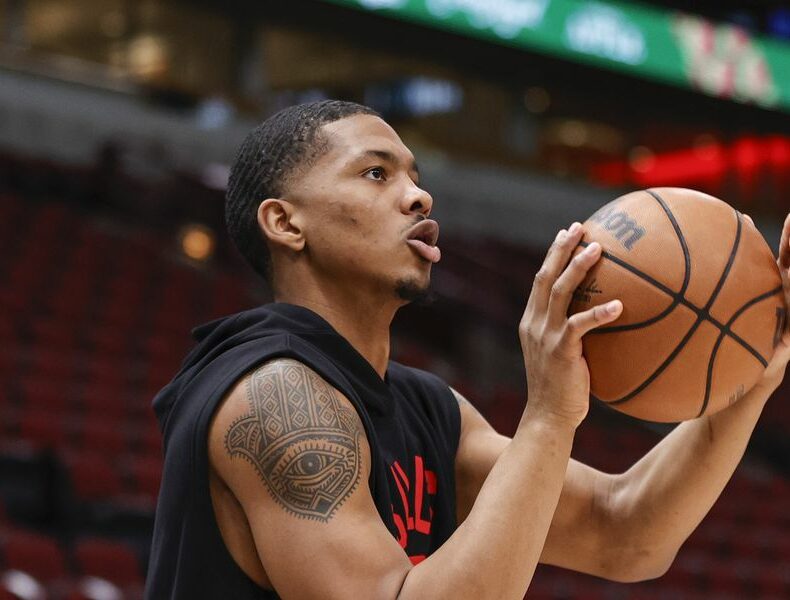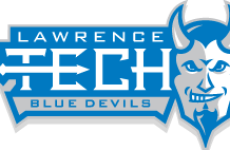Army Logistics Major David Smith coached the All-Army Basketball team for 4 years and brought 6 USA All-Armed Forces teams around the world to face international opponents. He’s seen the benefits of coaching service members, and he knows they make outstanding athletes. But his whole coaching career started accidentally.
Smith enlisted in the Army in 1992 and served for ten years before being commissioned in 2002. He was stationed all over the country, spending time in Alaska, D.C., Los Angeles, Kansas, Kentucky, and Hawaii. It was there, in Hawaii, that Smith got his unlikely start in coaching.
Smith was stationed at the Schofield Barracks in Hawaii and played on the base’s basketball team. When the coach abruptly left, the team began to fall apart. The younger guys on the team liked Smith’s style of leadership, so they asked if he would consider coaching them. Smith agreed, although he had never coached before, and continued to play on the team, too. The team’s first big tournament approached, and they had exactly 5 players, no substitutes. With Smith both playing and coaching, he led his team to a tournament win, the first of his many wins as a coach.
Darnell Johnson, Smith’s friend, eventually came on to help him coach, and the team began playing every college team, and some pro teams, throughout Hawaii. At the same time, a few of Smith’s friends were playing for the All-Army team and they were struggling through their season. They were going through a new coach every year and their poor record was a reflection of the instability. Smith’s friends approached him about coming to coach the team.
Smith made a trip to Fort Indiantown Gap, Pennsylvania in 2008 to watch the All-Army tournament. He was impressed by the sheer talent of the players and the level of play he was witnessing. After the success Smith found as a coach for his own team, and seeing how passionate the players were in the All-Army tournament, he took the job.
“The team hadn’t medaled in 5 years before I took the coaching role,” he says.
As head coach, Smith’s job was to pick the best players from around the world to represent the United States Army and try to get the team back on track. This included Active Duty, Reserve and National Guard Soldiers. As many as 350 soldiers applied every year for the chance to earn a tryout spot. Coach Smith then selected around 22 guys out of that pool to compete for a position on the team. The hardest part was cutting that number to 12 players who would represent the Army.
“I didn’t need to worry about getting them in shape, discipline, their attitude. These are soldiers playing basketball for an officer. If I tell them this is how we play this as a team, even if they did it differently somewhere else, then they listened and did it our way.”
“Some guys were coming from playing college basketball and they’re getting cut,” he says, “It’s tough competition and it’s tough to [create a team] all in three weeks.”
One of those players who had immense talent but didn’t make the team was Julian Smith. Still, after being the last player cut from the 2012 team, Julian was honored to be considered by Coach Smith and speaks highly of him.
“Coach just really knows the game,” he says, “He played it and he knows exactly what he’s talking about.”
Despite the difficult task of cutting exceptionally talented players, Coach Smith was fortunate to be filling his team with experienced military guys.
“A lot of times military members and veterans are just unsure of where to look and how to go about going back to school for sports.”
“I didn’t need to worry about getting them in shape, discipline or their attitude,” he says, “these are soldiers. If I tell them this is how we play a certain situation as a team, even if they did it differently somewhere else, they listened and did it our way.”
Smith took his All-Army teams all over the country to play college and semi-professional basketball teams. He took his All-Armed Forces teams all over the globe to places like Brazil, Belgium, Korea, and Lithuania, to compete against the best Armed Forces teams in the world. The tournament in Brazil was just a few hundred athletes shy of being as big as the 2016 Rio Olympics. The relentless travel forced him to miss major holidays with his family, like Thanksgiving and Christmas, but he loved the experience of competing against the best military teams in the world.
During his final year in the Army, Smith started volunteering as an assistant coach at Trinity University in San Antonio, Texas. Now retired from the military, Smith is in his third season of coaching at Trinity. Having now coached both military and non-military players, he recognizes the value military veterans add to college athletics.
“They provide an enormous amount of leadership,” he says, “They’re really good at team building, and they understand the importance of what good teams need to have such as communication, camaraderie, and trust.”
“[military athletes] help by being that bridge of information and connecting those schools looking for mature, fit, disciplined athletes for their programs. A lot of times military members and veterans are just unsure of where to look or how to go about getting back to school for sports.”
Compared to his current college players, Smith’s military players were a bit more developed in a variety of ways. It’s because of this that he had college coaches from all divisions coming to him looking for ex-military guys who still had eligibility to play at the DI, DII, DIII NAIA and Junior College levels. In fact, Coach Smith connected Julian Smith, the last player cut from the 2012 All-Army team, with coaches at NAIA DII Northwood University. Julian would go on to accept a basketball scholarship and play for 2 years under the legendary former Villanova coach, Rollie Massimino, before graduating with a college degree.
Athletes of Valor, Coach Smith says, “can help by being that bridge of information and connecting those schools looking for mature, fit, disciplined athletes for their programs. A lot of times military members and veterans are just unsure of where to look or how to go about getting back to school for sports.”
Smith may have missed countless holidays coaching the All-Army and All-Armed Forces teams, but he says it was all worth it. He still has former players calling and asking for advice, both on professional and personal levels.
“My wife says I smile for three days after I hear from one of them,” he says. “I have always told my players that once I am your coach, I will always be your coach for anything you need.”
Smith has truly enjoyed seeing what his players do and where they go, like former All-Army Point Guard Staff Sergeant Ronald Bartley who is now the assistant coach of the All-Army basketball team. Smith is an advocate for military members competing in college athletics, and knows they make a special type of player. His unique perspective has made him aware of the incredible value military members add to college teams. Smith’s military coaching career may have started as an accident, but he chose to stay in it because of the talent, drive, and maturity of the players.
“There are many current and former military members who were great high school, or even college, athletes but put their athletic dreams aside in order to serve our country. Some due to financial reasons or others just because they were undisciplined then and didn’t get the job done in the classroom. Some just due to a sense of duty to our country in a time of war. Regardless the reason, these men and women now have what it takes to hold themselves accountable and buckle down in order to succeed. Every program in every sport in the country is looking for great leadership and followership. What better place to find it?”
















